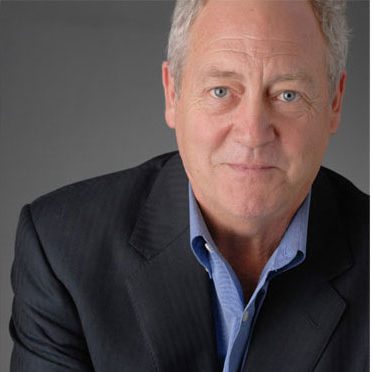Labels won’t solve our waste problems
Published: January 14, 2008
It’s misleading for a business to call itself ‘zero waste’ or ‘landfill-free;’ what’s needed is an integrated approach
Patrick Moore, Special to the Sun
Published: Monday, January 14, 2008
The coming closure of the Greater Vancouver Regional District’s Cache Creek landfill has brought into sharp focus the issue of how to dispose of Metro Vancouver’s waste.
At the same time, a new trend in business is emerging where companies, primarily large manufacturers, are labelling themselves as “zero waste” or “landfill-free.”
Those labels seem like an easy way of ridding the region of its waste problems because “zero waste” should mean zero issues. But while I applaud these companies for focusing on waste reduction, I have serious concerns about their approach.
First, the terms “zero waste” and “landfill-free” mislead consumers into thinking that certain companies are recycling or reusing 100 per cent of their waste. This, of course, is simply not true.
“Zero” ought to mean ‘”zero,” and the phrase should not be incorrectly used by marketing departments of some manufacturers who are setting a standard that can’t be achieved. No company is eliminating all of its waste. Period.
Instead, most of these companies send the waste they cannot recycle to a waste-to-energy plant where it is combusted to create electricity.
While waste-based energy is an important way of handling waste, the process still produces ash by-product, which must be disposed of in a landfill, sometimes as daily cover for the waste. This is hardly a “landfill-free” approach.
Second, labelling this approach as “landfill-free” ignores the importance of taking an integrated approach to waste management which, frankly, must include landfills for a portion of the waste.
Integrated waste management is a method that combines waste streams, waste collection, diversion (including the “three Rs” of reduction, re-use and recycling) and disposal so that we can achieve environmental benefit, economic value and community acceptance.
Integrated waste management also includes a range of waste disposal solutions from waste-to-energy facilities to modern landfill technology.
Each of us produces 4 1/2 pounds of garbage every day, and no waste technology alone can meet our waste disposal needs. Instead, there is a suite of appropriate tools to be used along the waste stream, and each has its place.
It may be unwise, for example, to earmark all plastic bottles for waste-to-energy combustion, just as it may be wrong to place all carbon in a landfill.
Similarly, it’s simply not possible, at this point, for society as a whole to go “landfill-free.”
Instead, by using an integrated approach that makes use of all these technologies — including environmentally acceptable landfill methods — the GVRD’s waste disposal needs can be met in a sustainable manner.
Part of the approach to managing our waste disposal includes the recovery of methane emitted from landfills as a result of decomposition which can be captured and converted into electricity. This landfill gas can provide a new energy source that offsets carbon dioxide emissions resulting from traditional fossil-fuel energy such as coal and gas.
While reducing, reusing and recycling our waste is extremely important, it’s obvious that eliminating all waste is not going to happen any time soon.
Instead of using confusing labels like “zero waste” and “landfill-free,” companies must be forthright and honest in describing the nature of their waste management programs.
That’s the path to creating an integrated and sustainable approach to dealing with Metro Vancouver’s waste.

